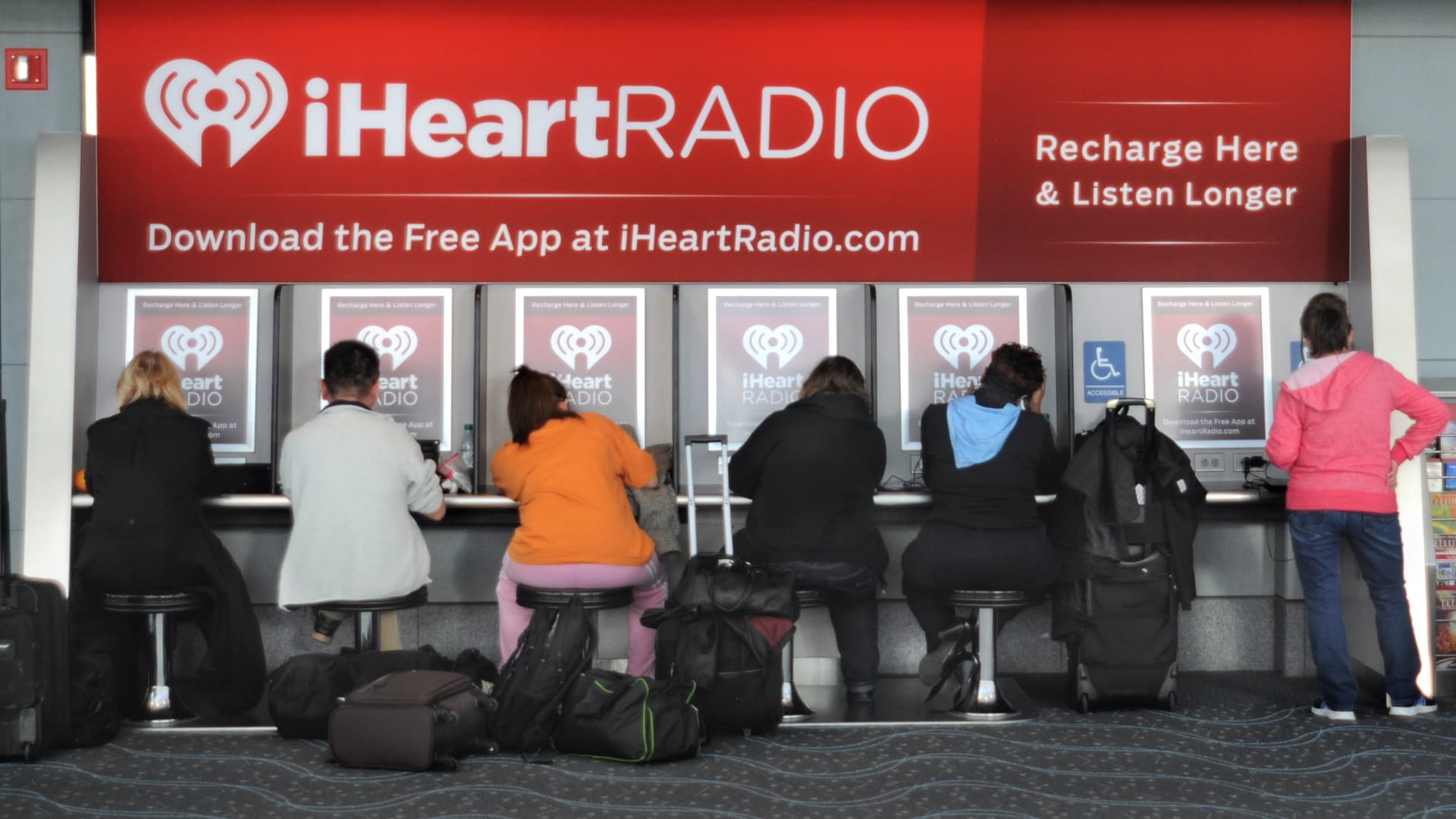The Auto Workers Strike Just Hit Ford Where It Hurts

The United Auto Workers union announced Wednesday that its nearly four-week strike against the “Big Three” automakers was expanding to Ford’s truck plant in Kentucky.
Roughly 8,700 union members work at the Louisville facility producing the company’s Super Duty trucks as well as the Ford Expedition and Lincoln Navigator SUVs.
The walkout Wednesday marks the first time during the strike that the union has targeted the production of large pickups, a big moneymaker for Ford as well as General Motors and Stellantis, which owns the Dodge, Jeep and Ram brands.
“We have been crystal clear, and we have waited long enough, but Ford has not gotten the message,” UAW President Shawn Fain said in a statement. “It’s time for a fair contract at Ford and the rest of the Big Three. If they can’t understand that after four weeks, the 8,700 workers shutting down this extremely profitable plant will help them understand it.”
Ford called the decision to strike the Kentucky plant “grossly irresponsible but unsurprising.” The company said it had made an “outstanding offer” to the union in an effort to end the strike.
“In addition to affecting approximately 9,000 direct employees at the plant, this work stoppage will generate painful aftershocks ― including putting at risk approximately a dozen additional Ford operations and many more supplier operations,” the company said in a statement.
The union began its work stoppage the morning of Sept. 15 after failing to reach new four-year agreements with each of the automakers. It is the first time ever that the UAW has struck all three companies simultaneously.
Rather than shut down all unionized plants at once, the union has struck only targeted plants to keep the companies on their toes and leave room to broaden the strike’s impact. The union has vowed to walk out at additional facilities if the companies don’t meet workers’ demands at the bargaining table.
Extending the strike to Ford’s Kentucky plant marks a major escalation in the fight since large trucks and SUVs make up the company’s most profitable vehicles. Ford said the vehicles at that plant generate $25 billion in revenue each year and that shutting down production would have ripple effects throughout its supply chain.
“This decision by the UAW is all the more wrongheaded given that Ford is the only automaker to add UAW jobs since the Great Recession and assemble all of its full-size trucks in America,” the company said.
The UAW is looking to make major gains in its new contracts after making concessions to help stabilize the automakers following the financial crisis.
The union has been calling for big double-digit raises, the restoration of cost-of-living increases, improved profit-sharing formulas and the elimination of tiered compensation systems, among other demands. It has cited good progress with all three companies on a number of issues but says sticking points remain.
The UAW said last week that it had secured an offer from GM to put workers at the company’s electric vehicle battery plants under the union contract, which it called a major victory that would raise working standards in EV production.
“We expect to win at Ford and Stellantis as well,” Fain said.







